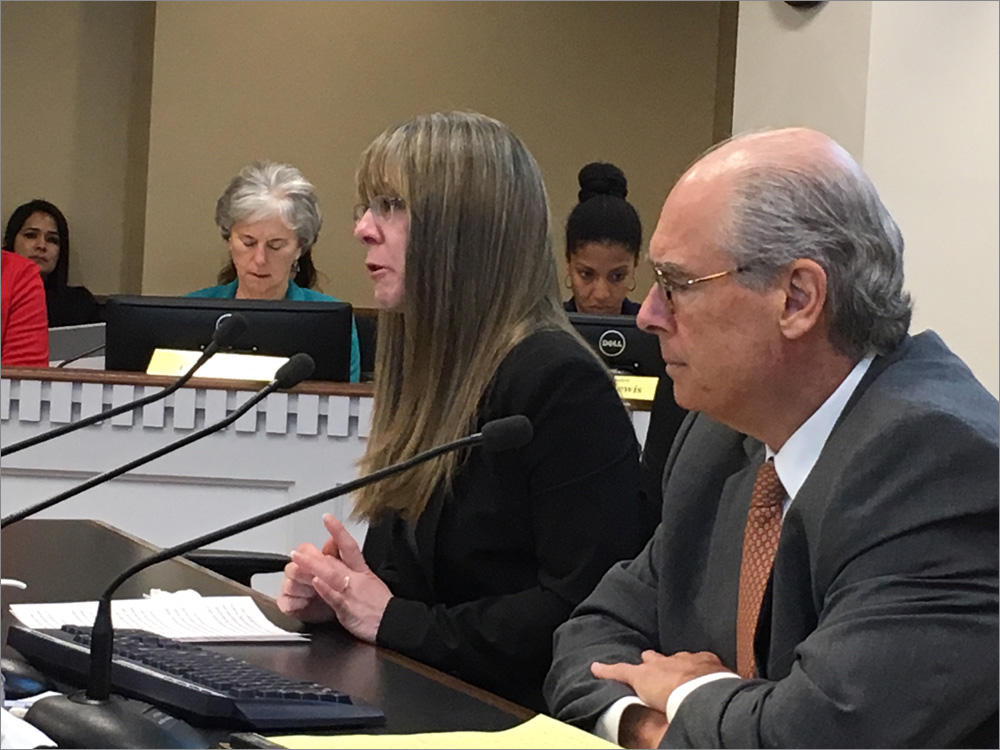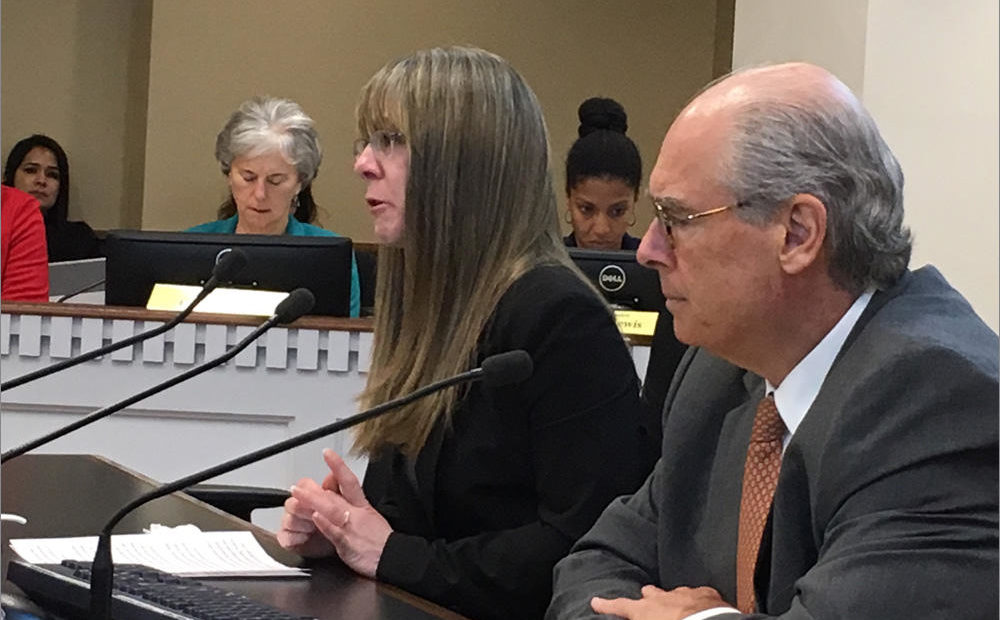
A Minor Child Of Divorced Parents Dies, And A Legal Battle Ensues
Listen
Losing a child is a devastating loss. But imagine if that death is followed by a legal battle. That’s what happened after a Mukilteo teenage died in 2016.
Now her mom is trying to change state law.
Dawn Krivanek lost her daughter Nina to suicide.
“Nina was a beautiful, smart and kind young woman who passed away three months after her 15th birthday,” Krivanek told a panel of Washington state lawmakers. She spoke about discovering her daughter, performing CPR and the wrenching decision later to take her off life support.
But it’s what happened after Nina’s death that brought Krivanek to Olympia. She and her former husband ended up in a legal battle over how to handle Nina’s remains—whether she would be buried in British Columbia or cremated.
He sued and they ended up in mediation.
“I didn’t feel like I actually got to start grieving until after we finally came to an agreement and her remains finally got to be placed,” Krivanek said.
Now Krivanek is pushing for a bill in Olympia to clarify who decides how a child’s remains are handled.
“This bill involves a tragedy, the death of a child,” said the bill’s sponsor, Republican state Rep. Paul Graves. He proposes to give the ultimate decision to the parent who the child lives with the majority of the time. In cases of equal custody, the decision would fall to the parent whose home serves as the child’s primary address.
Graves acknowledges it’s not a perfect solution.
“Any rule that we have in this circumstance will in some cases be arbitrary and potentially unfair,” he said.
But Graves said that’s still better than the status quo. But his proposal faces opposition, including from Colleen LaMotte, a lawyer who represented Nina’s father
“I don’t believe that looking at residential time is the appropriate way to make this decision,” LaMotte said.
Instead, LaMotte said lawmakers should look at how divorced parents handle healthcare decisions—something that’s often dictated in a parenting plan.
Family law experts say disputes over the burial of a child are rare. But Nina’s mom said she wants to make sure no family goes through what she did.
“Families are having to deal with this and I just want to save them one step in the process if possible,” Krivanek said.
Krivanek said she hopes lawmakers pass a bill this year and call it Nina’s Law in her daughter’s memory.
Related Stories:
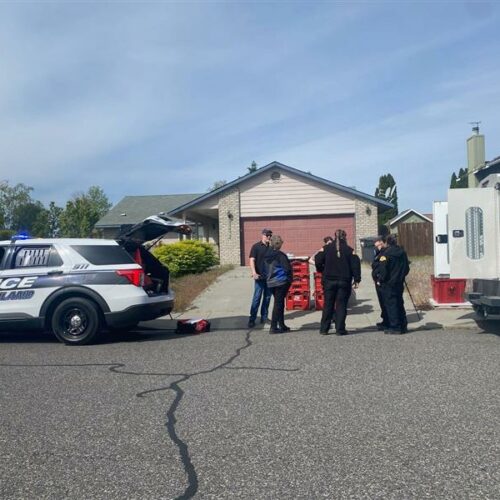
West Richland double-murder, kidnapping suspect shot at police, officials say
FBI, county and police officials wait for the all-clear to collect evidence at the home of Elias Huizar, 39, where his 17-year-old girlfriend, Angelica Santos, was found dead. (Credit: Anna
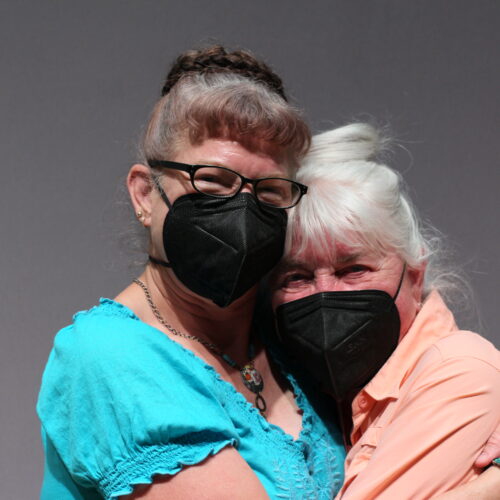
StoryCorps Northwest – Nancy Puburn & Cynthia Bounds: Dad goes to war
Nancy Pyburn, right, and daughter Cynthia Bounds at their StoryCorps Northwest recording. Listen (Runtime 4:36) Read Sometimes, when everything feels right, something can make your world crumble. Something like a
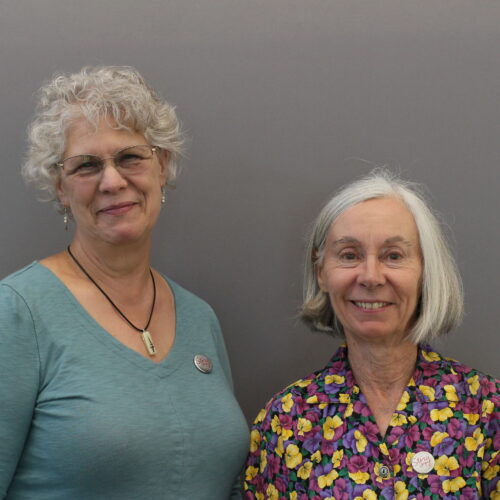
StoryCorps Northwest – Harriet Weber & Nancy Warner: The Romance and Reality of Farming
Harriet Weber (left) and Nancy Warner at their StoryCorps Northwest recording in Moses Lake. Listen (Runtime 4:23) Read Do you ever dream of owning your own land and growing food

